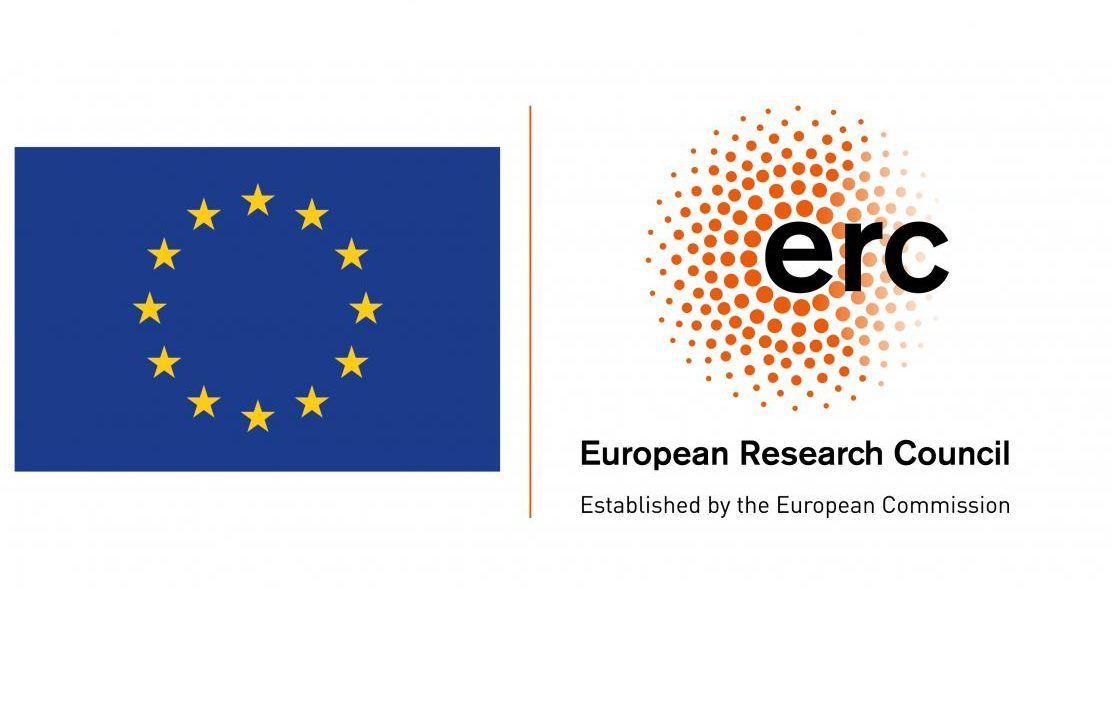SCIoI member Nina Hanning wins prestigious ERC Starting Grant for cutting-edge research
Nina Hanning, a researcher in neuro-cognitive sciences at Science of Intelligence (SCIoI) and at the Institute of Psychology at Humboldt-Universität zu Berlin has been awarded a European Research Council (ERC) Starting Grant. The grant, which comes with funding of €1.5 million over five years, will support her project titled “Free-View: Neuro-cognitive processes underlying gaze control and perception across free-viewing eye movements.”
The ERC Starting Grant is one of the most coveted awards in the European scientific community. This year, the ERC awarded a total of €780 million in grants to 494 emerging scientists and scholars, empowering early-career researchers to lead their own projects and build their teams. The competition is high, with only 14.2% of applications selected for funding.
What’s Nina’s research all about?
Nina’s project, Free-View, aims to explore how we perceive the world around us through eye movements. Our eyes are constantly on the move – more often than our hearts beat. Between quick jumps, known as saccades, and periods of fixation, we manage to perceive a stable and continuous world. But how does our brain make sense of these rapid shifts in visual input?
Until now, most studies have focused on isolated eye movements, where participants look from one fixed point to another under controlled conditions. However, Nina’s approach is different. She wants to understand these processes in a way that reflects our natural, everyday behavior – when we’re free to explore our surroundings as we choose.
Her work will combine traditional vision science techniques with new, flexible, computer-based approaches. By doing so, she’ll be able to predict where and when the eye will move next, allowing to capture the intricate neuro-cognitive processes behind natural gaze control in real time. This could open up new ways of studying vision, especially in groups where strict experimental setups are challenging, such as children or older adults.
Why this matters
Nina’s research could reshape how we understand visual perception and its underlying brain mechanisms. Her approach pushes the boundaries of vision science, but it also has further potential applications in various fields, including psychology, neuroscience, artificial intelligence, and even the development of better robotic systems that mimic human vision. And, it’s a perfect example of the interdisciplinary spirit that SCIoI is all about.
This award also reflects the growing recognition of female researchers in science, with 44% of ERC Starting Grants this year going to women.
A bright future ahead
After earning her PhD in neuro-cognitive psychology from the Graduate School of Systemic Neurosciences at Ludwig-Maximilians-Universität München, Nina continued her research as a postdoc at New York University and now at Humboldt-Universität zu Berlin. Her international experience and passion for understanding the brain and human perception make her a key member of the Cluster. We have exciting times ahead of us.







